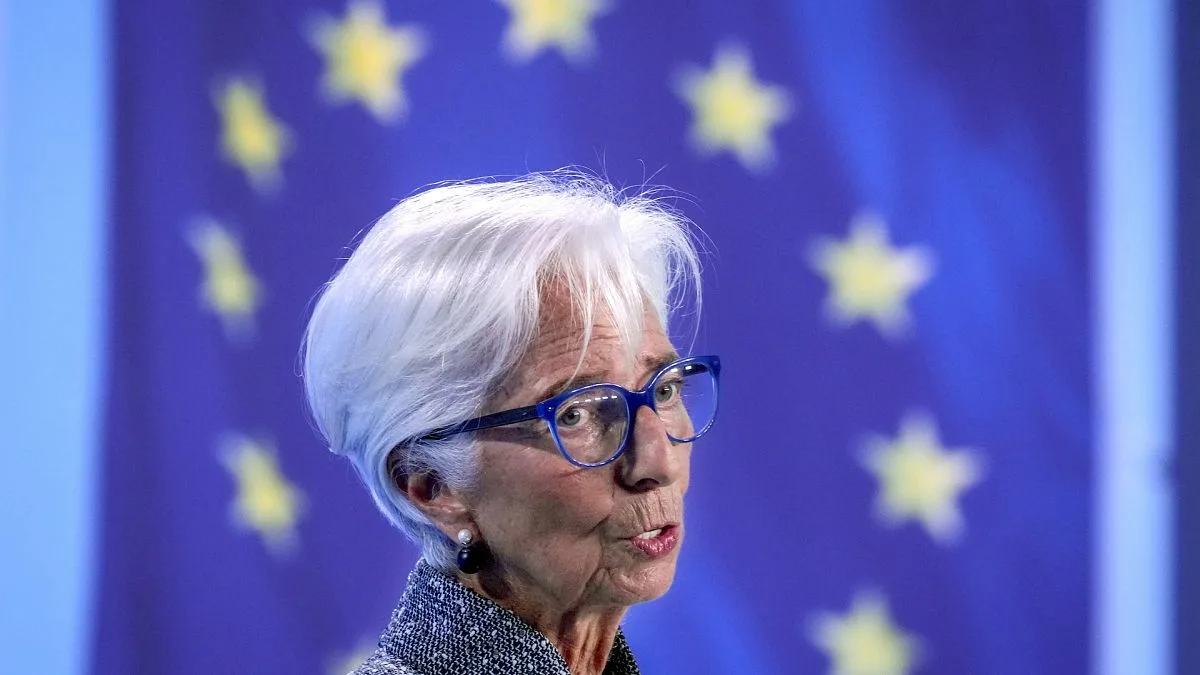A recent study indicates that the economic downturn resulting from the changed UK-EU relations following Brexit is unlikely to be a fleeting challenge but may instead endure over the long term.
The Brexit agreement has led to a significant drop in trade between the UK and EU, with experts warning that this situation could worsen. A report published by Aston University Business School on Monday highlights the ongoing detrimental effects of the Trade and Cooperation Agreement (TCA) signed between London and Brussels as both parties severed their ties. According to the report, the TCA has “profound and ongoing stifling effects” on the UK’s economy.
“Our analysis indicates that the negative consequences of the TCA have intensified over time,” the Birmingham-based economists noted. “By 2023, we are observing more pronounced declines in trade, suggesting that the shift in UK-EU trade relations post-Brexit extends beyond short-term disruption; it reflects deeper structural changes that are likely to persist.”
Since the 2016 referendum vote to leave the EU and its subsequent exit in 2020, the UK has faced significant economic challenges. These challenges have been exacerbated by global disruptions, such as the COVID-19 pandemic and Russia’s invasion of Ukraine.
Data from 2021 to 2023 reveals a staggering 27% decrease in UK exports and a 32% decline in imports from the EU when compared to pre-Brexit projections, according to the Aston University report. Looking at annual trends, exports dropped by 17%, while imports fell by 23%.
“Our analysis illustrates a significantly disrupted and weakening UK-EU supply chain since the TCA was enacted, affecting consumer, intermediate, and capital goods,” the report states. However, some sectors, such as tobacco, rail, and aircraft, have experienced a rise in exports.
Conversely, certain industries, including agrifood, textiles, and material manufacturing, have suffered the most. The economists highlighted a dramatic 73.46% drop in the export value of edible fruits and nuts.
The Brexit deal’s ramifications extend to the 27 remaining EU countries, albeit at varying levels. The report highlights that UK exports to Belgium and Ireland have faced milder drops, while countries like Germany, Spain, and Greece have experienced more significant reductions.
In terms of imports, considerable declines were reported from the Netherlands, Germany, and France, with drops of 51%, 32%, and 23% respectively, according to the economists. Interestingly, smaller economies have seen positive effects, showing an increase in UK imports.
Is Change Coming?
The report strongly urges the UK government to take measures to stabilize and enhance the country’s economy. It suggests engaging in sector-specific negotiations with the EU to alleviate the impacts on industries most adversely affected by Brexit and optimizing customs procedures through emerging technologies.
Moreover, the report recommends that the UK reassess and modify its supply chains to bolster resilience and competitiveness. While the EU has been somewhat reluctant to modify the Brexit deal, there could be potential for change.
The TCA includes “review clauses,” which mandate assessments of the agreement’s implementation every five years, with the first review slated for 2026. The UK’s new Labour Prime Minister, Keir Starmer, has ruled out major changes such as rejoining the EU’s single market and customs union but has committed to reducing post-Brexit bureaucratic obstacles and rebuilding damaged relations with European partners.
The upcoming TCA reviews may present an opportunity for the Prime Minister to advocate for significant adjustments to the deal, though it remains uncertain how far he will go in negotiating these changes.
Photo credit & article inspired by: Euronews



